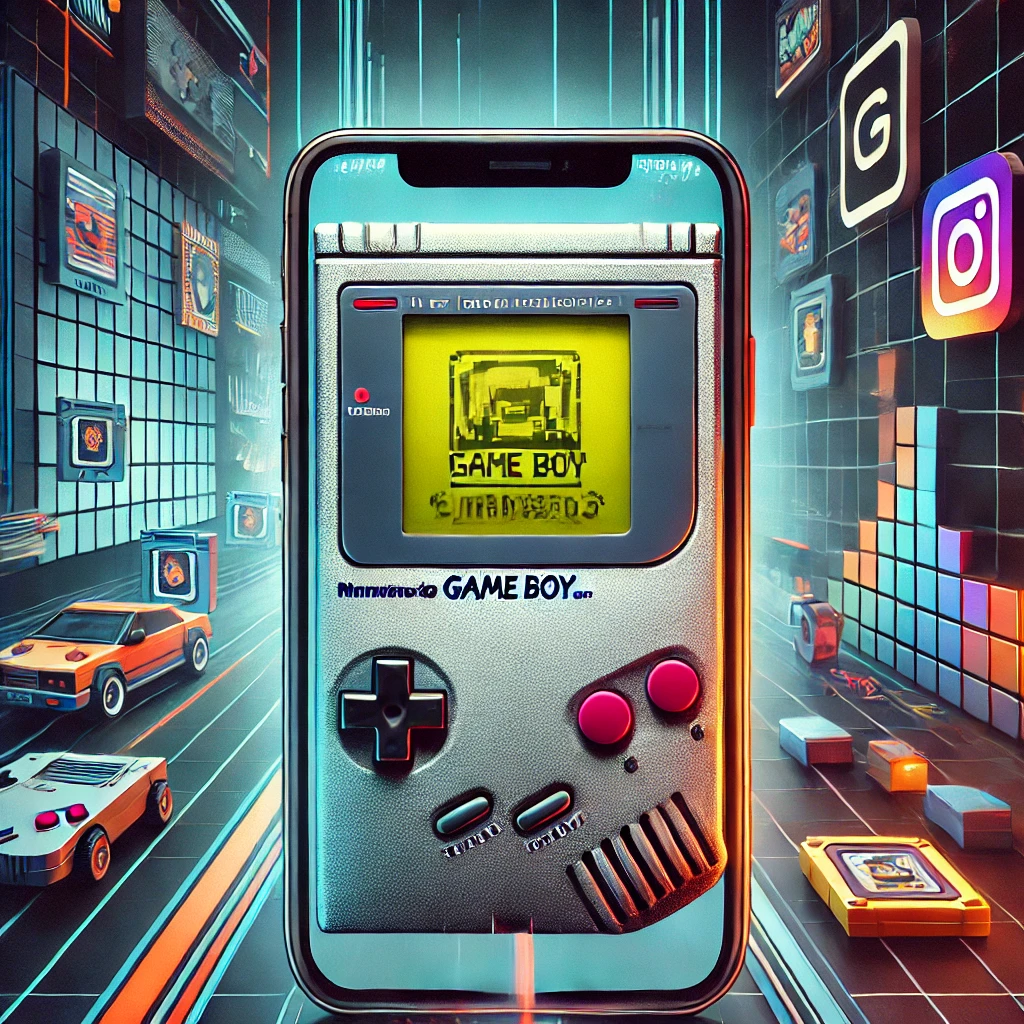A recent event saw the Game Boy emulator for iPhone, “iGBA,” make a brief appearance on the App Store before being swiftly removed. This incident attracted significant attention, especially since it coincided with Apple’s recent allowance of retro gaming emulators. Apple later announced that the app was removed for violating the App Store Review Guidelines regarding spam and intellectual property rights. This episode highlights the complex relationship between retro gaming culture and intellectual property rights within the mobile gaming market.
The Background of iGBA’s Removal: Connection with the Open-Source Project “GBA4iOS”
There were allegations that iGBA was a clone of the open-source project “GBA4iOS,” developed by Riley Testut. Testut reported that the creator of iGBA had personally apologized to him. Unauthorized use of an open-source project is both legally and ethically problematic, making it likely that this was a key factor in Apple’s decision to remove iGBA.
The Legality of Retro Game Emulators and the Challenges in the Mobile Market
While Apple approved the functionality of emulator apps, the removal of iGBA has once again underscored the legal risks associated with retro game emulators. In particular, the feature that allows users to load any ROM poses a high risk of copyright infringement, which is believed to be one of the reasons for its removal.
Just a few days after this incident, the NES emulator “Bimmy” also appeared, only to be quickly withdrawn by its creator. Given that Nintendo recently sued the developers of the unofficial emulator “Yuzu,” resulting in a significant settlement, it’s clear that emulator developers are becoming increasingly wary of legal risks.
The Future of Retro Gaming Culture and the Mobile Market
Retro game emulators offer nostalgic experiences for many gamers, yet they exist in a legal gray area. It will be interesting to see how Apple addresses this issue in the future. Even if emulators become permissible on the App Store, ensuring full legality and avoiding legal risks will require cooperation with manufacturers and rights holders.
As the mobile gaming market continues to grow, how Apple and other platforms incorporate retro gaming culture—and the impact this will have on the market—will be an important topic to watch in the coming years.
